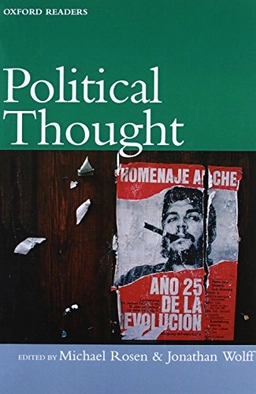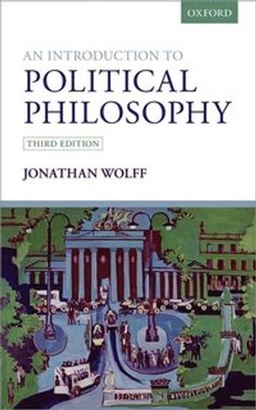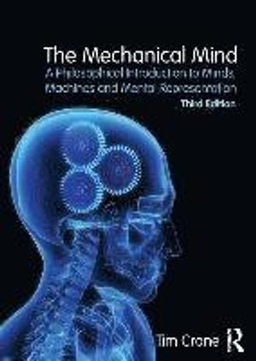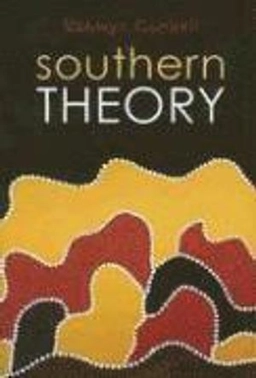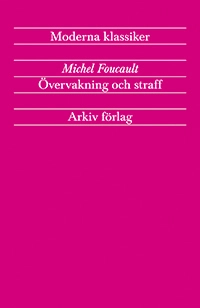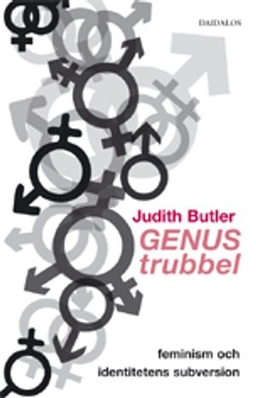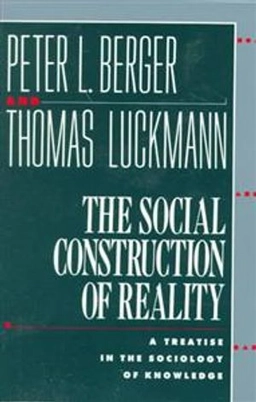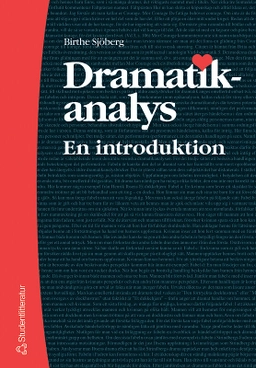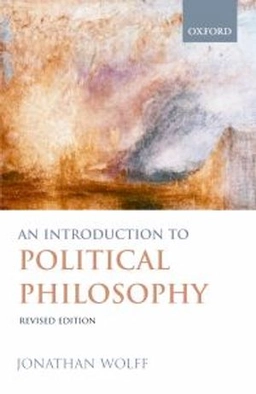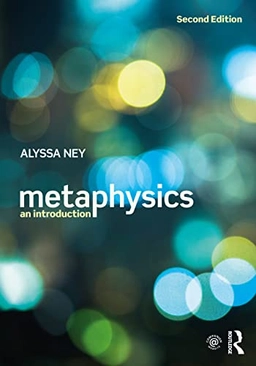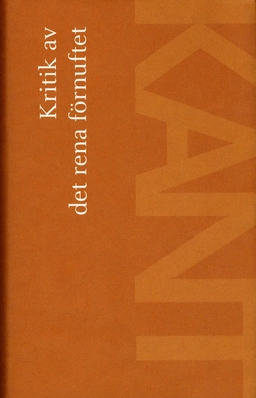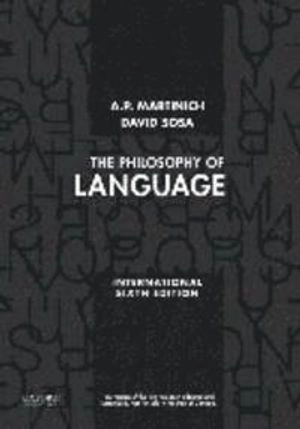

The philosophy of languageUpplaga 6
- Upplaga: 6e upplagan
- Utgiven: 2013
- ISBN: 9780199795147
- Sidor: 752 st
- Förlag: Oxford University Press
- Format: Häftad
- Språk: Engelska
Om boken
Åtkomstkoder och digitalt tilläggsmaterial garanteras inte med begagnade böcker
Mer om The philosophy of language (2013)
2013 släpptes boken The philosophy of language skriven av Aloysius Martinich, David Sosa. Det är den 6e upplagan av kursboken. Den är skriven på engelska och består av 752 sidor. Förlaget bakom boken är Oxford University Press.
Köp boken The philosophy of language på Studentapan och spara uppåt 57% jämfört med lägsta nypris hos bokhandeln.
Referera till The philosophy of language (Upplaga 6)
Harvard
Oxford
APA
Vancouver

